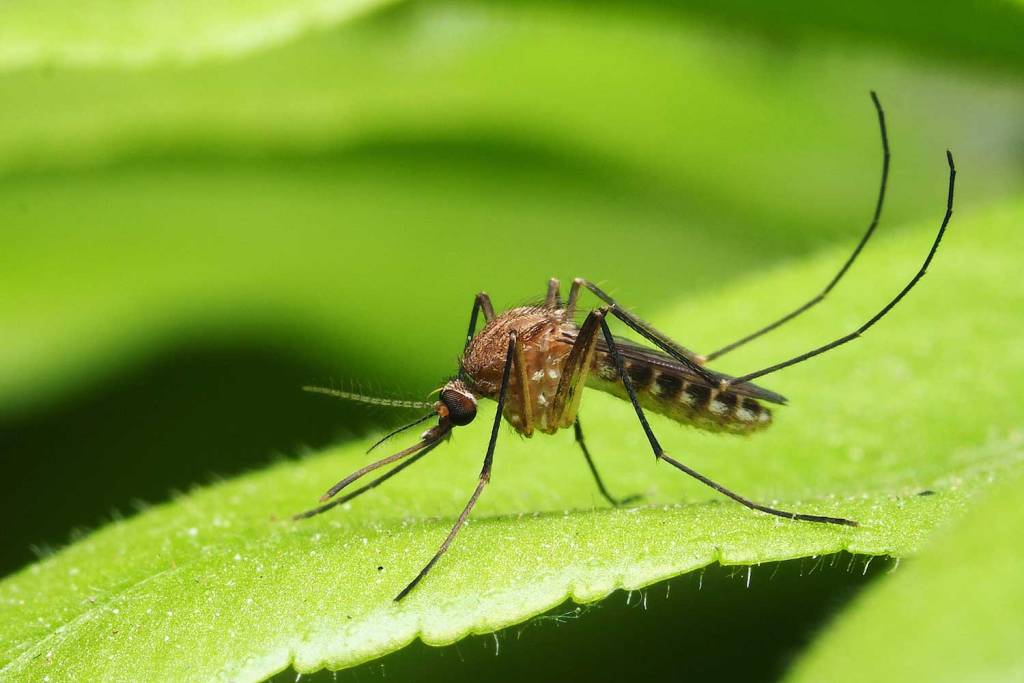The UK has a variety of wasp species, including the common wasp, the hornet, and the yellow jacket. Wasps are important for helping to spread pollen and keep plants healthy. However it’s important to be aware of the types of wasps so you can identify and remove them quickly. Wasp infestations can be a nuisance, but they can also be dangerous. Professional wasp nest removal services can help you get rid of wasp nests and keep them from coming back. Looking for wasp nest removal near me? We are here for help to get rid of wasp.
Wasp Pest Control
Wasp Nest Removal Professional Pest Control Services
The UK faces a variety of pest problems, and wasps are one of the most common. They can cause significant damage and disruption to properties, gardens, and outdoor areas. Fortunately, our wasp pest control services in the UK can help to protect homes and businesses from these pests. We have expertise, skills and experience to identify and target wasps, safely and efficiently. There some treatment methods that we use to eliminate wasps

Wasps Nest Removal methods of Pest control services.
Why is Professional Wasp Nest Removal Necessary?
Professional wasp nest removal is often necessary because of the health risks associated with wasps. Wasps can sting multiple times and their stings can be painful and can cause allergic reactions in some people. Additionally, some species of wasps are known to build nests near doors, windows, and other vulnerable areas, making them difficult to control with DIY methods.
WHY CHOOSE US
We know how to remove wasps from an area safely and without causing them harm. This helps to reduce the risk of wasp sting and other potential health risks. Our professional wasp pest control services can help to protect property and outdoor areas from wasps. Wasps cause damage to buildings and outdoor areas, including decks, patios, sheds, and other structures. We can help to identify and eliminate wasps in these areas quickly and safely. This helps to reduce the risk of wasps causing further damage to property and outdoor areas.
FAQs
Are UK wasps aggressive?
Only female wasps can sting, and they are generally not aggressive unless provoked.
Are wasps common in UK?
Wasps are common in the UK, particularly during the summer months.
Do wasps chase you? What eats wasps in the UK?
Wasps may chase you if they feel threatened, but they will usually leave you alone if you remain calm and still.
What eats wasps in the UK?
Predators of wasps in the UK include birds, spiders, and other insects.
How long do wasps live?
The lifespan of a wasp varies depending on the species, but on average, worker wasps live for several weeks to a few months, while queen wasps can live for up to a year or more.